Shanghai is Asia's most-expensive city for expats
Updated: 2015-12-15 13:31
By Hezi Jiang(chinadaily.com.cn)
|
||||||||
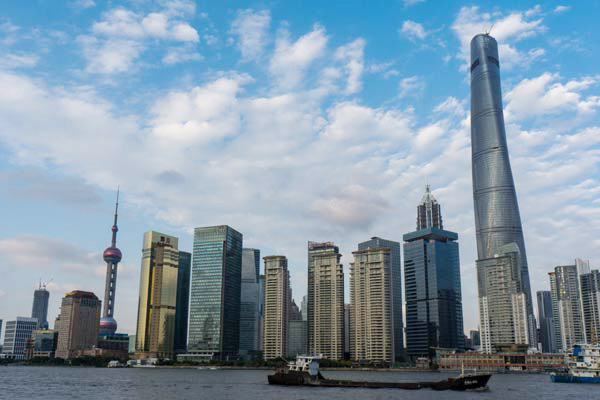 |
|
Shanghai Tower (the highest in the picture), a new landmark of Shanghai's financial hub Lujiazui, is nearly complete.[Photo provided to China Daily] |
Shanghai is Asia's most-expensive city and the world's seventh most-expensive for expatriates, according to a cost-of-living survey, which cites the strengthening of the renminbi as the main cause.
Beijing, Hong Kong and Guangzhou ranked eighth, ninth and 14th, respectively, all surpassing New York's Manhattan, which was 15th in the survey by ECA International, a London-based consultancy. Beijing was the second most-expensive city in Asia.
Manhattan is the only American city among the top 20, with the Chinese city Shenzhen close behind at 16th.
Four Swiss cities were the most expensive —Zurich, Geneva, Bern and Basel — and two African cities —Luanda, Angola and Kinshasa, Congo —came in fifth and sixth.
"In spite of the minor depreciation in the renminbi against the dollar over the summer, it has strengthened against most other currencies leading to Shanghai becoming the most expensive Asian city for international assignees,"said ECA's Asia regional director, Lee Quane, in a press release.
"This reflects the general trend seen in China, with Chinese locations gradually moving up our rankings over recent years. It is likely that major Chinese cities will remain expensive destinations for mobile executives for the foreseeable future," Quane said.
"Shanghai and Beijing are more expensive than Manhattan on average for most foods although fresh fruit and vegetables in Manhattan are more expensive. International clothing brands are considerably more expensive in Beijing and Shanghai than in Manhattan, while eating out is significantly cheaper," James Davis, EAC International's head of Marketing and Communications, wrote in an e-mail to China Daily.
ECA International's surveys use a basket of day-to-day goods and services commonly purchased by expats, including groceries such as dairy, meat and fish, fresh fruit and vegetables, as well as household goods, general and leisure services, clothing, restaurants, alcohol and tobacco.
- Saudi Arabia announces 34-state anti-terror alliance
- Premier greets SCO leaders ahead of meeting
- Bus crashes in northern Argentina, killing 43 policemen
- California shooter messaged Facebook friends about support for jihad
- Obama says anti-IS fight continues to be difficult
- Washington's cherry trees bloom in heat wave
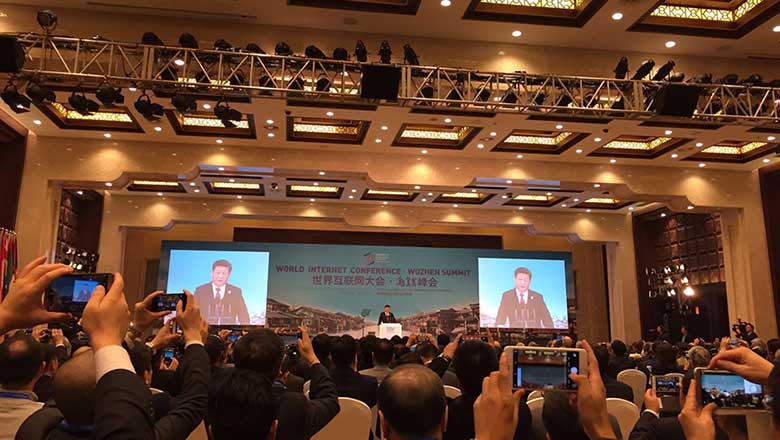
 President Xi delivers keynote speech at World Internet Conference
President Xi delivers keynote speech at World Internet Conference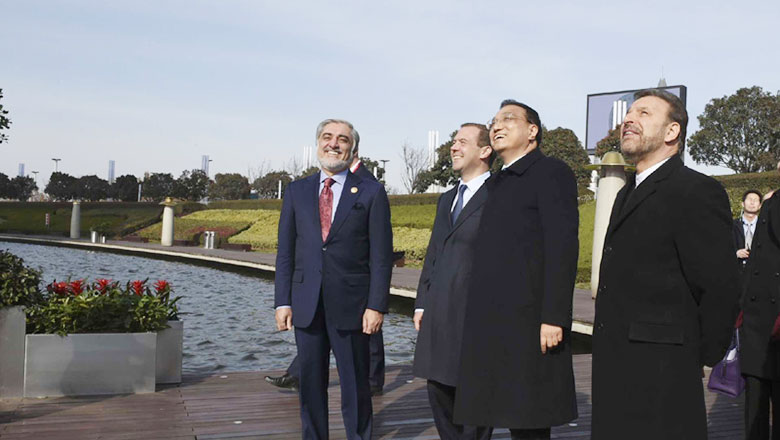
 Chinese premier shows Zhengzhou's fast growth to SCO leaders
Chinese premier shows Zhengzhou's fast growth to SCO leaders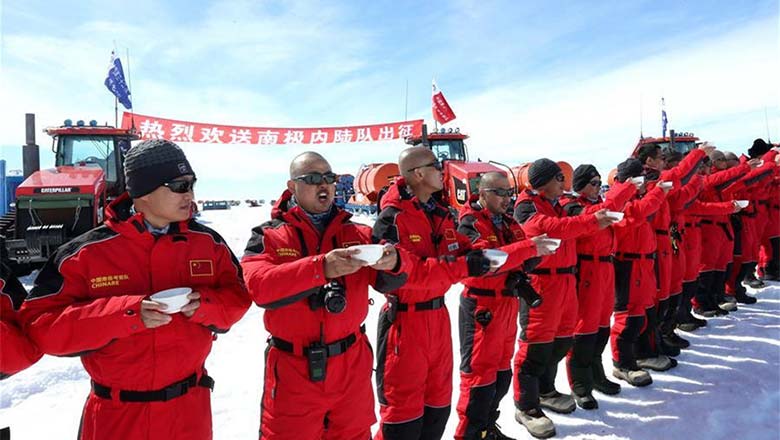
 Two Chinese Antarctic expedition teams set off for Antarctic inland
Two Chinese Antarctic expedition teams set off for Antarctic inland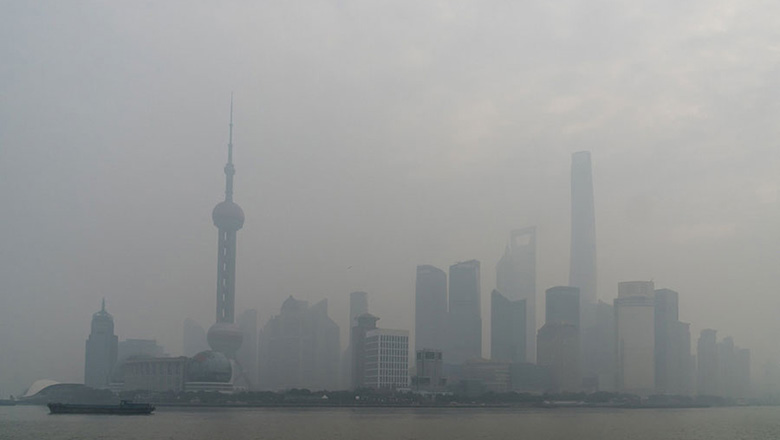
 East China awaits wind
East China awaits wind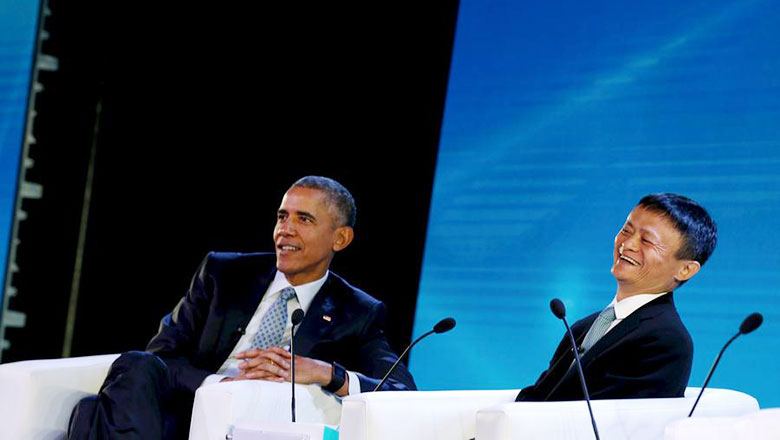
 Top Internet companies investing overseas
Top Internet companies investing overseas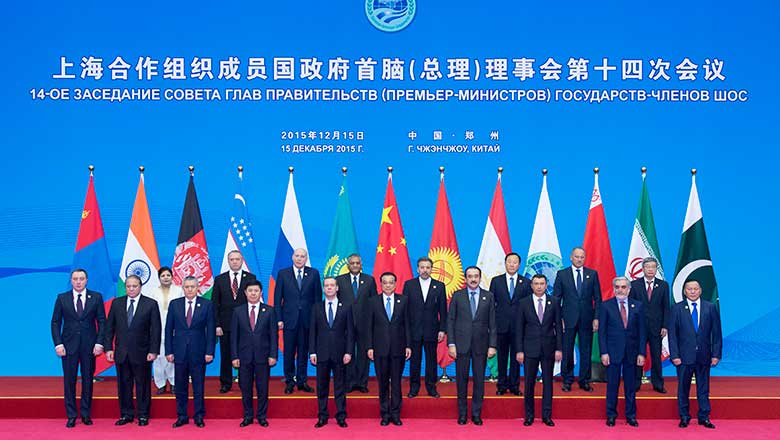
 Leaders pose for group photo at SCO meeting
Leaders pose for group photo at SCO meeting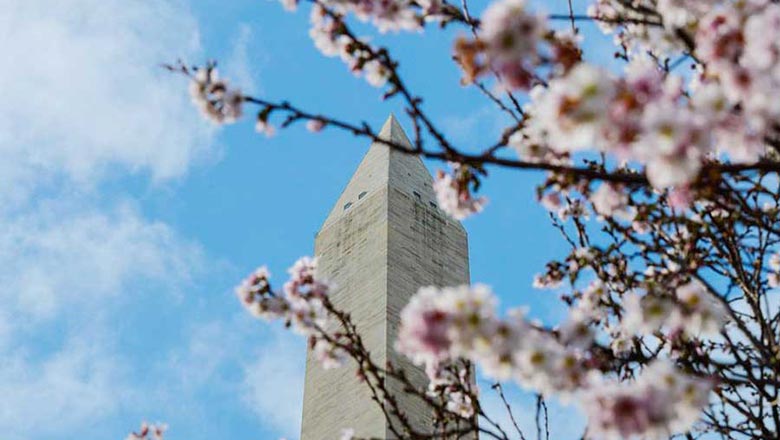
 Washington's cherry trees bloom in heat wave
Washington's cherry trees bloom in heat wave
 Wuzhen ready for Internet conference
Wuzhen ready for Internet conference
Most Viewed
Editor's Picks

|

|

|

|

|

|
Today's Top News
Shooting rampage at US social services agency leaves 14 dead
Chinese bargain hunters are changing the retail game
Chinese president arrives in Turkey for G20 summit
Islamic State claims responsibility for Paris attacks
Obama, Netanyahu at White House seek to mend US-Israel ties
China, not Canada, is top US trade partner
Tu first Chinese to win Nobel Prize in Medicine
Huntsman says Sino-US relationship needs common goals
US Weekly

|

|








